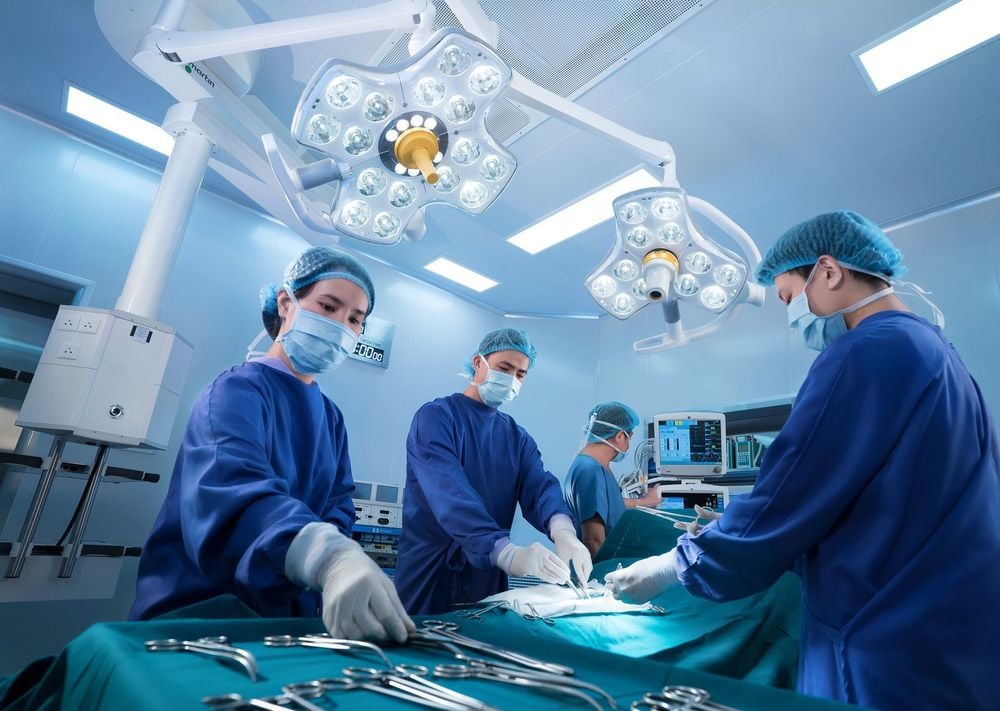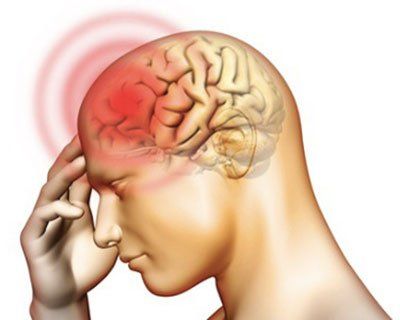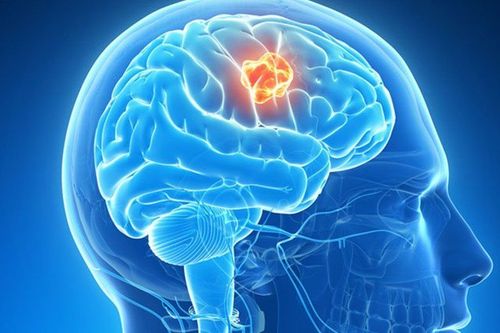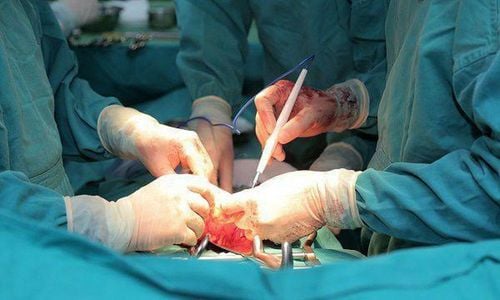This is an automatically translated article.
Craniopharyngioma is a tumor growing near the pituitary gland and close to the skull, craniopharyngeal tumors grow slowly, and in the long run, it will affect the function of the pituitary gland and nearby organs.1. What is craniopharyngioma?
Craniopharyngioma is a rare benign tumor that accounts for 2% - 4% of brain tumors, it is also known as "Rathke's pocket tumor".Craniopharyngioma is caused by an overgrowth of cells near the stalk of the pituitary gland, which produces hormones to control the regulation of many parts of the body.
Craniopharyngioma in children usually appears between the ages of 5-10 years, some adults are 50-74 years old and there is not much difference between the rates of boys and girls having craniopharyngioma.

U sọ hầu thường là lành tính và xuất hiện ở trẻ nhỏ
2. How to recognize craniocervical tumor?
In the early stages, tumors usually grow slowly, so after 1–2 years, new symptoms begin to appear and depending on the location of the mass. However, headache or partial loss of vision is the most obvious and common symptom of craniopharyngioma.
In addition, patients with craniopharyngioma may have some additional symptoms such as:
There are signs of vision changes, deterioration or partial loss of vision. Insomnia ; Or feeling nauseous, vomiting, especially in the morning; Loss of balance; Larger tumors can cause more serious symptoms such as memory loss, urinary incontinence, depression and coma.
Children with craniopharyngioma may grow slowly and are smaller than normal children. When parents see their child showing the above signs, it is necessary to immediately take the baby to reputable medical facilities to check the risk of craniopharyngioma.
3. Treatment methods for craniopharyngioma
One of the most common treatments for craniopharyngeal tumors today is surgery. Besides, many doctors choose radiation therapy or radiation therapy with minor surgery.After treatment, the patient is assigned to take an MRI (magnetic resonance) to determine the effectiveness of therapy. In cases where the tumor cannot be completely removed through surgery, the patient will receive radiation therapy to completely remove the remaining tumor.
3.1 Surgery
Surgery is a method performed by neurosurgeons to treat craniopharyngeal tumors. The goal of this method is to make a definitive diagnosis and remove as much of the tumor as possible. Surgery to treat craniopharyngioma is possible in about 70% to 85% of children with the disease. Depending on the location of the tumor, surgical techniques sometimes inevitably damage brain regions near the tumor, affecting endocrine function, metabolism, consciousness, movement of limbs or vision. force.

Phẫu thuật là một phương pháp điều trị u sọ hầu
3.2 Radiation therapy
Radiotherapy for craniopharyngioma is therapy that uses high-intensity X-rays or other high-energy beams to destroy tumor cells. In this method, the doctor uses external beam radiation therapy, which is radiation therapy given from a machine placed outside the body. When radiation therapy is used to treat children, there is a risk of affecting brain development, so doctors need to use advanced treatment planning techniques to reduce the amount of radiation reaching healthy brain areas.
3.3 Radiosurgery
Radiosurgery is a method of delivering a single high dose of radiation therapy to a tumor without affecting other brain regions. This treatment technique uses a head frame so that doctors know exactly where to perform radiosurgery. This type of radiation therapy is often used for patients with recurrent craniopharyngeal tumors. Short-term side effects of radiation therapy for craniopharyngioma, including fatigue, mild skin reactions, and nausea, disappear as soon as treatment ends. Other side effects of radiation therapy last longer such as hair loss, decreased learning ability, decreased hormone levels, weight gain, and memory impairment.
4. Notes to help limit the progression of craniopharyngioma
To control your child's illness well, you need to maintain the following living habits:
Parents' spirit is always optimistic, encouraging and standing by their children's side at all times. Follow the treatment regimen exactly as prescribed by the doctor. Parents always let their children go for follow-up checkups on schedule and perform periodic tests. Any questions that need to be answered by a specialist doctor as well as if you want to be examined and treated at Vinmec International General Hospital, you can contact Vinmec Health System nationwide or register online. online HERE.













